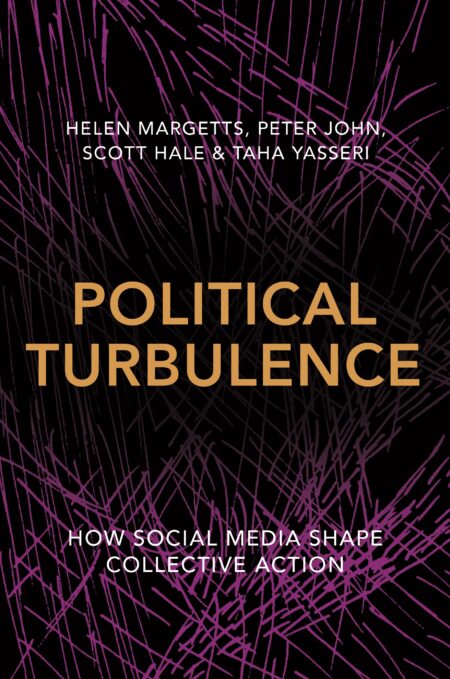Commentators have been quick to ‘blame social media’ for ‘ruining’ the 2016 election in putting Mr Donald Trump in the White House. Just as was the case in the campaign for Brexit, people argue that social media has driven us to a ‘post-truth’ world of polarisation and echo chambers.
Is this really the case? At first glance, the ingredients of the Trump victory — as for Brexit — seem remarkably traditional. The Trump campaign spent more on physical souvenirs than on field data, more on Make America Great Again hats (made in China) than on polling. The Daily Mail characterisation of judges as Enemies of the People after their ruling that the triggering of Article 50 must be discussed in parliament seemed reminiscent of the 1930s. Likewise, US crowds chanting ‘Lock her up’, like lynch mobs, seemed like ghastly reminders of a pre-democratic era.
Clearly social media were a big part of the 2016 election, used heavily by the candidates themselves, and generating 8.8 billion posts, likes and commentson Facebook alone. Social media also make visible what in an earlier era could remain a country’s dark secret — hatred of women (through death and rape threats and trolling of female politicians in both the UK and US), and rampant racism.
This visibility, society’s new self-awareness, brings change to political behaviour. Social media provide social information about what other people are doing: viewing, following, liking, sharing, tweeting, joining, supporting and so on. This social information is the driver behind the political turbulence that characterises politics today. Those rustbelt Democrats feeling abandoned by the system saw on social media that they were not alone — that other people felt the same way, and that Trump was viable as a candidate. For a woman drawn towards the Trump agenda but feeling tentative, the hashtag #WomenForTrump could reassure her that there were like-minded people she could identify with. Decades of social science research shows information about the behaviour of others influences how groups behave and now it is driving the unpredictability of politics, bringing us Trump, Brexit, Corbyn, Sanders and unexpected political mobilisation across the world.
These are not echo chambers. As recent research shows, people are exposed to cross-cutting discourse on social media, across ever larger and more heterogeneous social networks. While the hypothetical #WomenForTrump tweeter or Facebook user will see like-minded behaviour, she will also see a peppering of social information showing people using opposing hashtags like #ImWithHer, or (post-election) #StillWithHer. It could be argued that a better example of an ‘echo chamber’ would be a regular Daily Mail reader or someone who only watched Fox News.
The mainstream media loved Trump: his controversial road-crash views sold their newspapers and advertising. Social media take us out of that world. They are relatively neutral in their stance on content, giving no particular priority to extreme or offensive views as on their platforms, the numbers are what matter.
Rather than seeing social media solely as the means by which Trump ensnared his presidential goal, we should appreciate how they can provide a wealth of valuable data to understand the anger and despair that the polls missed, and to analyse political behaviour and opinion in the times ahead. Social media can also shine the light of transparency on the workings of a Trump administration, as they did on his campaign. They will be critical for building networks of solidarity to confront the intolerance, sexism and racism stirred up during this bruising campaign. And social media will underpin any radical counter-movement that emerges in the coming years.
Helen Margetts is the author of Political Turbulence: How Social Media Shape Collective Action and thanks her co-authors Peter John, Scott Haleand Taha Yasseri.



